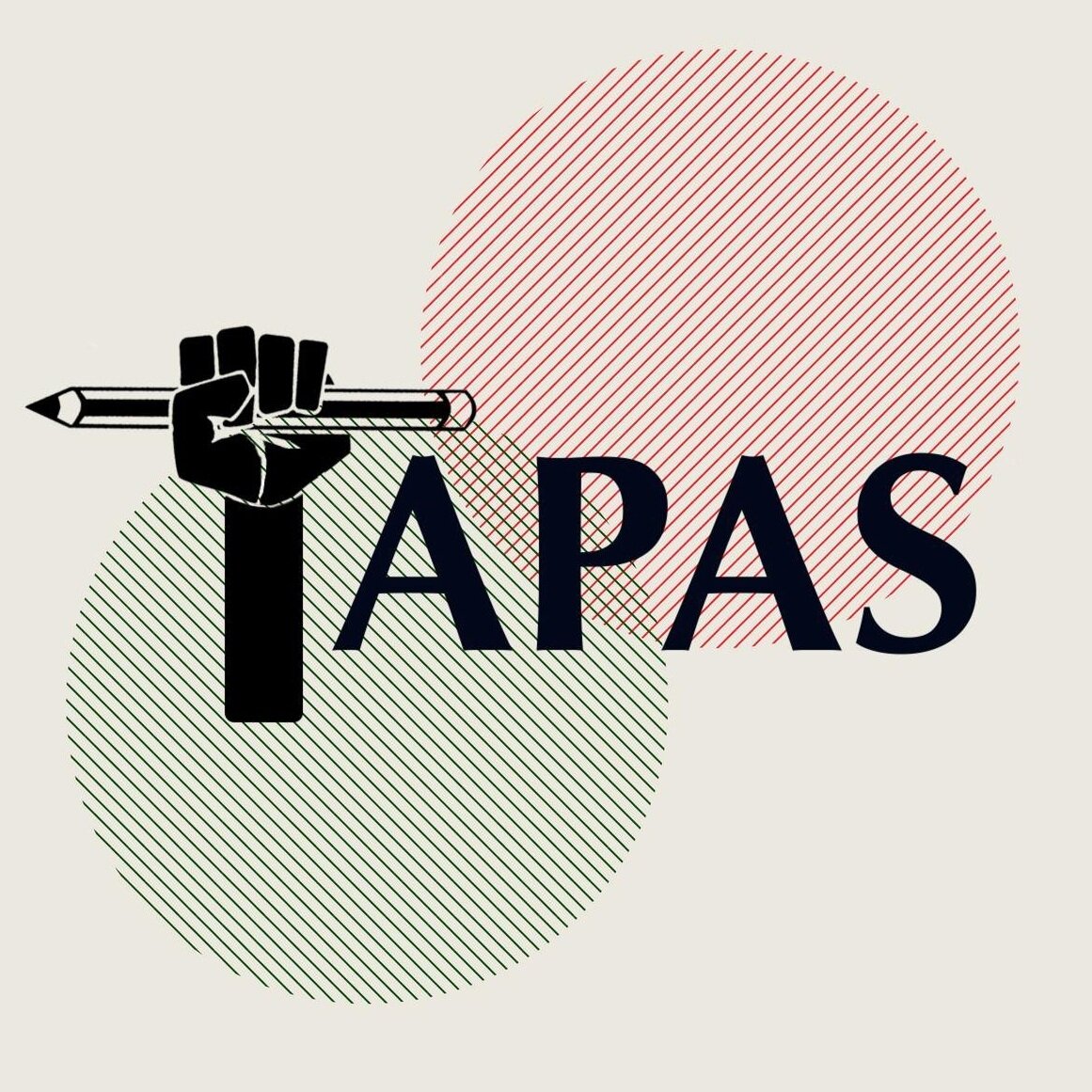Stephanie Wu - The Role of Linguistic Capital in the Health Perceptions of Formerly Detained and Deported Hispanic Immigrant Men
Thousands of immigrants, primarily Hispanic men, are currently detained in
detention centers and correctional facilities throughout the U.S. However, little is known about how language affects the way in which individuals understand the role of detention in their physical and mental health outcomes. Through conducting interviews with 29 formerly detained and deported Hispanic adult men, I found that individuals with high linguistic capital, or who were fluent in English, generally had positive interactions with correctional officers, had more access to institutional resources like jobs, and experienced post-traumatic growth as a result of their detention experience. In contrast, individuals with low linguistic capital, who did not speak any English or who spoke limited English, generally had negative interactions with correctional officers, had less access to institutional resources, and experienced depression and suicide ideation while detained and after deportation. Physical health outcomes did not differ between the two groups; the majority of both individuals with high linguistic capital and individuals with low linguistic capital believed that detention had adversely affected their physical health. U.S. military veterans, who despite also having high linguistic capital, differed from the other fluent English-speaking respondents in that they had mixed interactions with correctional officers, had greater access to institutional resources, and experienced worse physical and mental health outcomes. These findings hold important implications for the treatment of detained individuals and can help to inform U.S. immigration and detention policies.
Contact for full thesis. TAPAS members may directly access the PDF via the TAPAS Google Drive.
